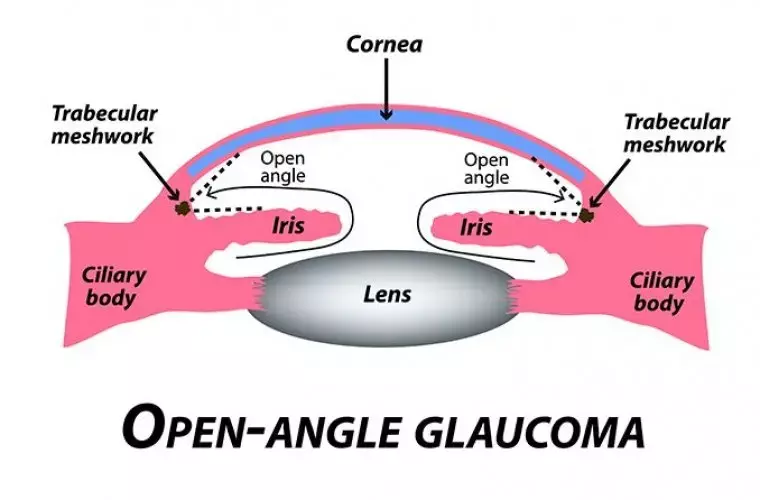- Home
- Medical news & Guidelines
- Anesthesiology
- Cardiology and CTVS
- Critical Care
- Dentistry
- Dermatology
- Diabetes and Endocrinology
- ENT
- Gastroenterology
- Medicine
- Nephrology
- Neurology
- Obstretics-Gynaecology
- Oncology
- Ophthalmology
- Orthopaedics
- Pediatrics-Neonatology
- Psychiatry
- Pulmonology
- Radiology
- Surgery
- Urology
- Laboratory Medicine
- Diet
- Nursing
- Paramedical
- Physiotherapy
- Health news
- Fact Check
- Bone Health Fact Check
- Brain Health Fact Check
- Cancer Related Fact Check
- Child Care Fact Check
- Dental and oral health fact check
- Diabetes and metabolic health fact check
- Diet and Nutrition Fact Check
- Eye and ENT Care Fact Check
- Fitness fact check
- Gut health fact check
- Heart health fact check
- Kidney health fact check
- Medical education fact check
- Men's health fact check
- Respiratory fact check
- Skin and hair care fact check
- Vaccine and Immunization fact check
- Women's health fact check
- AYUSH
- State News
- Andaman and Nicobar Islands
- Andhra Pradesh
- Arunachal Pradesh
- Assam
- Bihar
- Chandigarh
- Chattisgarh
- Dadra and Nagar Haveli
- Daman and Diu
- Delhi
- Goa
- Gujarat
- Haryana
- Himachal Pradesh
- Jammu & Kashmir
- Jharkhand
- Karnataka
- Kerala
- Ladakh
- Lakshadweep
- Madhya Pradesh
- Maharashtra
- Manipur
- Meghalaya
- Mizoram
- Nagaland
- Odisha
- Puducherry
- Punjab
- Rajasthan
- Sikkim
- Tamil Nadu
- Telangana
- Tripura
- Uttar Pradesh
- Uttrakhand
- West Bengal
- Medical Education
- Industry
Myopic Refractive Error tied with increased Primary Open-Angle Glaucoma risk: study

Myopic Refractive Error is tied with increased Primary Open-Angle Glaucoma risk according to a recent study published in the JAMA Opthalmology.
Refractive error (RE) is the most common form of visual impairment, and myopic RE is associated with an increased risk of primary open-angle glaucoma (POAG). Whether this association represents a causal role of RE in the aetiology of POAG remains unknown.
A study was conducted to evaluate shared genetic influences and investigate the association of myopic RE with the risk for POAG.
Observational analyses were used to evaluate the association between mean spherical equivalent (MSE) RE (continuous trait) or myopia (binary trait) and POAG risk in individuals from the Genetic Epidemiology Research on Adult Health and Aging (GERA) cohort. To quantify genetic overlap, genome-wide genetic correlation analyses were performed using genome-wide association studies (GWAS) of MSE RE or myopia and POAG from GERA. Potential causal effects were assessed between MSE RE and POAG using 2-sample Mendelian randomization. Genetic variants associated with MSE RE were derived using GWAS summary statistics from a GWAS of RE conducted in 102 117 UK Biobank participants. For POAG, we used GWAS summary statistics from our previous GWAS (3836 POAG cases and 48 065 controls from GERA). Data analyses occurred between July 2020 and October 2021.
Results:
- Their observational analyses included data for 54 755 non-Hispanic White individuals
- Among 4047 individuals with POAG, the mean (SD) age was 73.64 (9.20) years; the mean (SD) age of the 50 708 controls was 65.38 (12.24) years.
- Individuals with POAG had a lower refractive MSE and were more likely to have myopia or high myopia compared with the control participants
- Their genetic correlation analyses demonstrated that POAG was genetically correlated with MSE RE, myopia, and high myopia
- Genetically assessed refractive MSE was negatively associated with POAG risk
These findings demonstrate a shared genetic basis and an association between myopic RE and POAG risk. This may support population POAG risk stratification and screening strategies, based on RE information.
Reference:
Choquet H, Khawaja AP, Jiang C, et al. Association Between Myopic Refractive Error and Primary Open-Angle Glaucoma: A 2-Sample Mendelian Randomization Study. JAMA Ophthalmol. Published online July 28, 2022. doi:10.1001/jamaophthalmol.2022.2762
Dr. Shravani Dali has completed her BDS from Pravara institute of medical sciences, loni. Following which she extensively worked in the healthcare sector for 2+ years. She has been actively involved in writing blogs in field of health and wellness. Currently she is pursuing her Masters of public health-health administration from Tata institute of social sciences. She can be contacted at editorial@medicaldialogues.in.
Dr Kamal Kant Kohli-MBBS, DTCD- a chest specialist with more than 30 years of practice and a flair for writing clinical articles, Dr Kamal Kant Kohli joined Medical Dialogues as a Chief Editor of Medical News. Besides writing articles, as an editor, he proofreads and verifies all the medical content published on Medical Dialogues including those coming from journals, studies,medical conferences,guidelines etc. Email: drkohli@medicaldialogues.in. Contact no. 011-43720751


